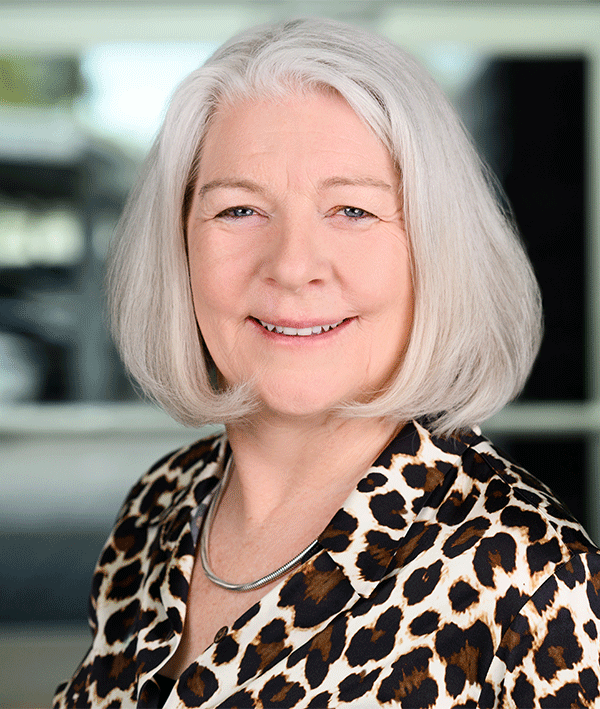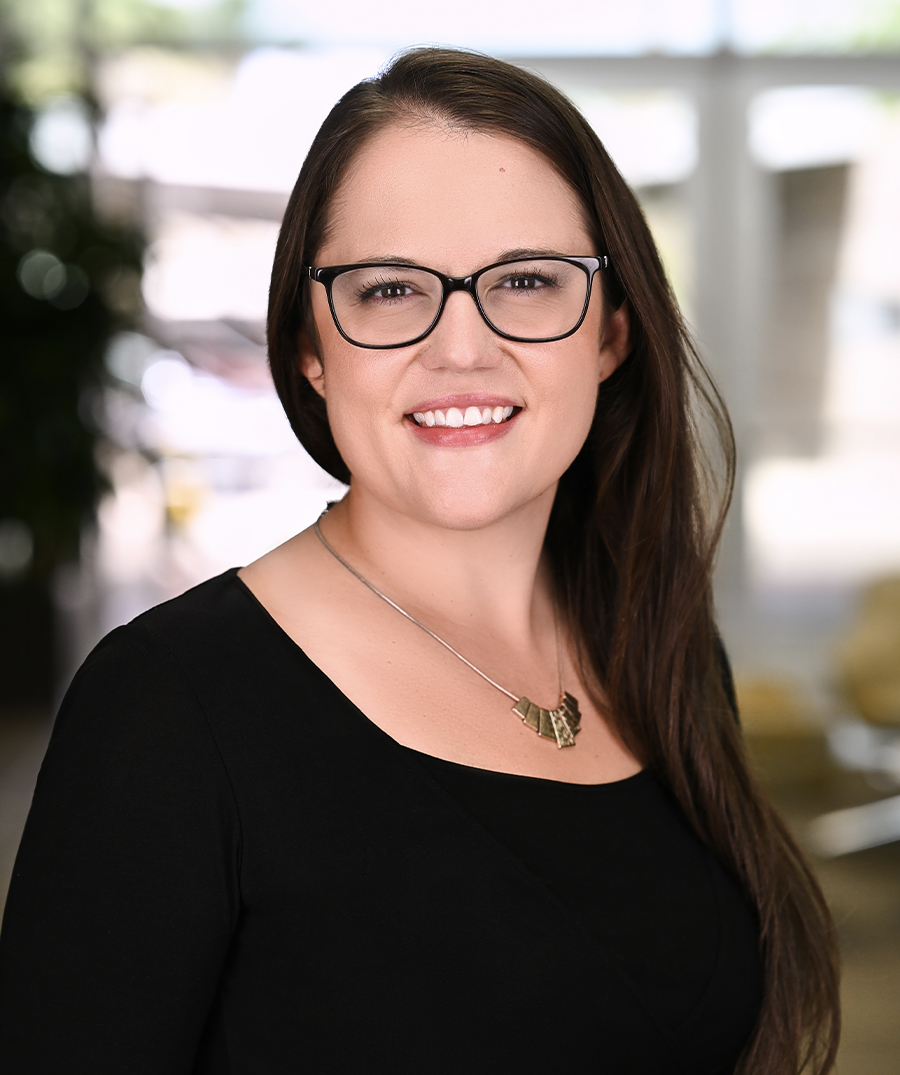Bioscience
Global efforts continue to improve science education
Globally, efforts to improve science education continue. In the United States, primary and secondary (K-12) science education lags on international assessments and struggles to sustain qualified K-12 science teachers and to prepare the next generation of scientists and engineers. At U.S. colleges and universities, more than half of entering science majors leave the sciences, most (90%) complaining of ineffective teaching. Of those who remain in science, 74% express the same complaint. Further work is needed within specific science disciplines on how students most effectively learn that discipline. To address K-12 science education, undergraduate science education, and discipline-specific science education research, one approach is seeding university science departments with Science Faculty with Education Specialties (SFES), scientists who take on specialized science education roles within their discipline.



